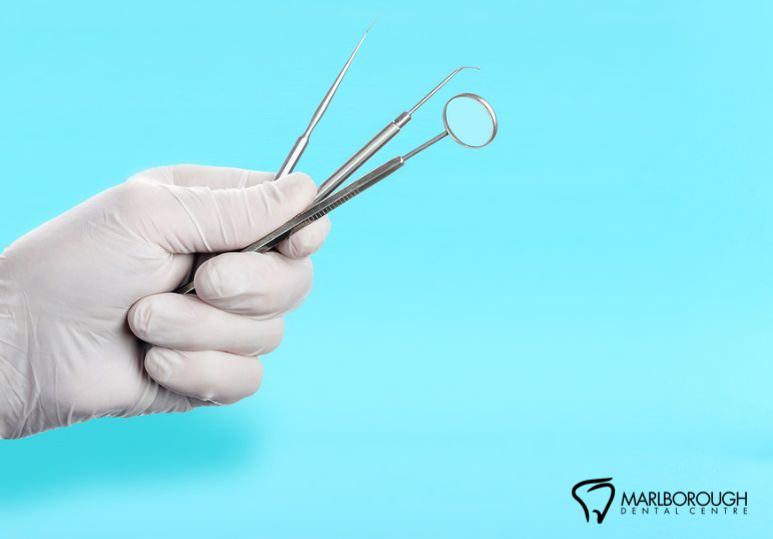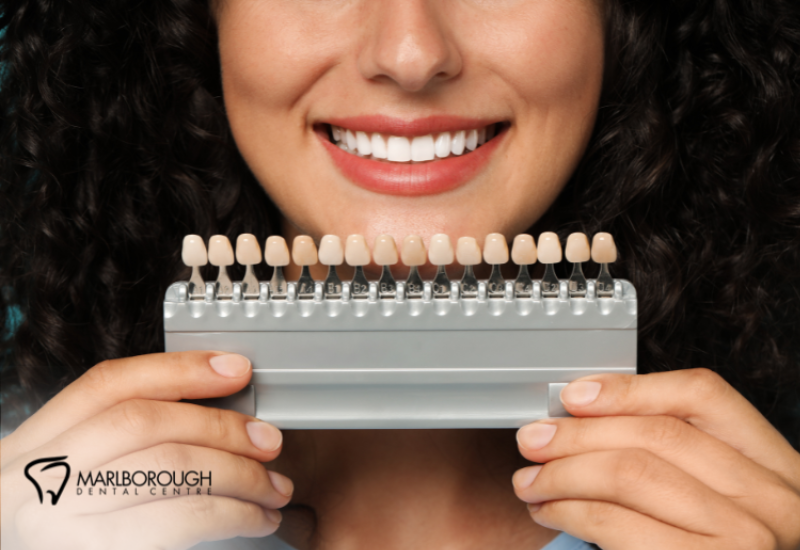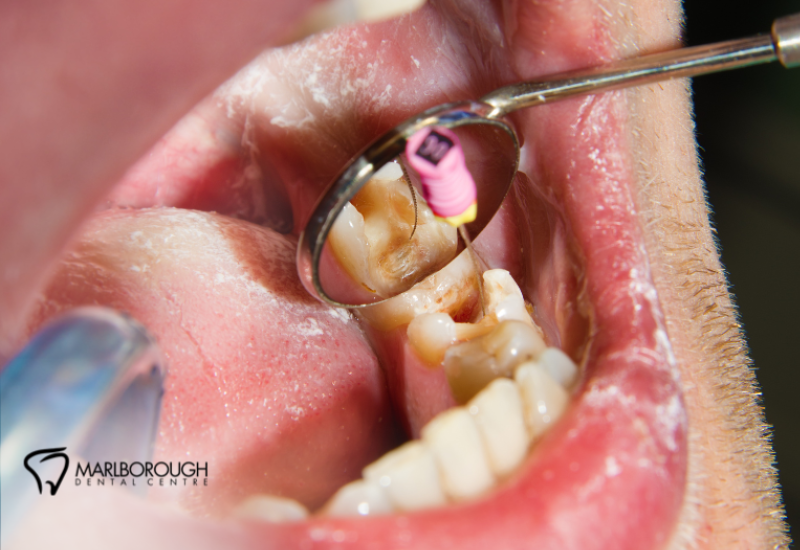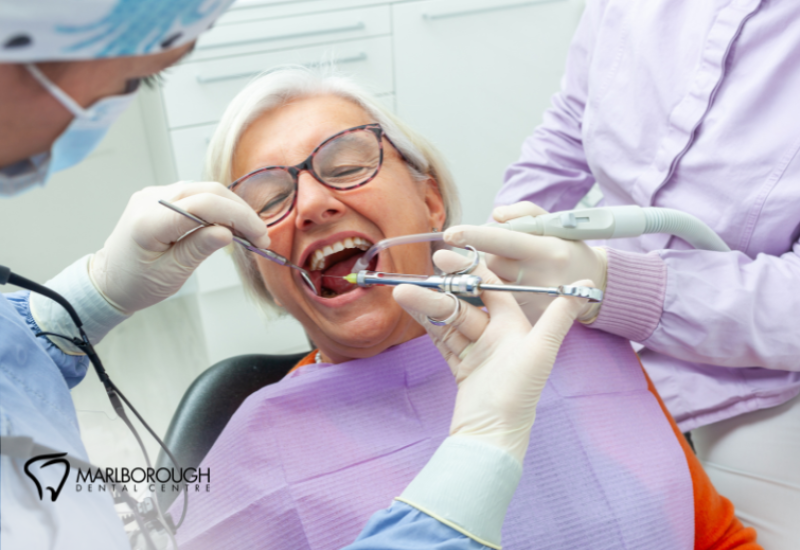A trip to the dentist's office, for many, is a mix of anticipation and unease. While we all cherish that freshly-cleaned feeling after a dental visit, the journey leading to that can be fraught with some apprehension. At the heart of these feelings is often a simple lack of understanding. One of the areas where clarity can help is in understanding the various types of dental exams and their purpose. Let's delve into the intricacies of these exams, demystifying them so you can walk into your next appointment with confidence.
Routine Dental Checkup
The routine dental checkup is something most of us are familiar with. Typically recommended every six months, this examination is preventative in nature. The dentist checks for early signs of tooth decay, gum disease, and other potential issues. X-rays might be taken once a year to inspect areas not visible to the naked eye. The goal is to catch and address problems early on before they escalate. This proactive approach not only saves potential discomfort and expense later on but also ensures our smiles remain radiant and healthy.
Comprehensive Dental Examination
While the routine checkup is like a regular health checkup, the comprehensive dental examination is a deep dive. Typically done if you're seeing a new dentist or if it’s been a long time since your last visit, this exam is thorough. The dentist evaluates the health of your teeth, gums, jaw, and even the neck. Oral cancer screenings might be conducted, and a full set of x-rays might be taken. It provides a complete overview of your oral health, helping the dentist devise a tailored dental care plan for you.
Periodontal Examination
Your teeth might be in pristine condition, but what about the gums holding them? The periodontal examination focuses on the health of your gums. Periodontal disease, commonly known as gum disease, is an inflammation of the gums that can progress to affect the bone that surrounds and supports your teeth. Symptoms might include bad breath, red or swollen gums, or even loose teeth. This exam helps in early detection and treatment. It's crucial because untreated gum disease can lead to tooth loss and has been linked to other health complications.
Occlusal and TMJ Examination
If you've ever experienced jaw pain or heard a clicking sound when moving your jaw, this examination might be familiar to you. The occlusal and TMJ (temporomandibular joint) exam focuses on your bite – the way your top and bottom teeth come together. It looks for signs of teeth grinding, assesses the health of the jaw joint, and ensures that your bite is aligned. Misalignment or issues with the TMJ can lead to pain, headaches, and wear and tear on the teeth. Addressing these issues not only safeguards the health of your teeth but also enhances overall comfort.
A trip to the dentist is more than just an exercise in oral hygiene; it's a journey towards better health, comfort, and confidence. Understanding the types of dental exams is the first step in demystifying the process. Whether it’s the routine check-up ensuring everything is on track, the comprehensive examination setting the stage for a long-term dental plan, the periodontal exam focusing on gum health, or the occlusal and TMJ examination ensuring our bite is just right – each plays a pivotal role in our oral health journey. With knowledge comes empowerment. The next time you’re in the dentist's chair, you’ll not only know what’s happening but also appreciate the meticulous care ensuring your smile remains as luminous as your spirit.
Written on behalf of Marlborough Dental Centre.
FAQs
Q: What causes misalignment in our bite?
A: Misalignment can be due to various reasons, including genetics, premature loss of baby or adult teeth, undue stress on the teeth and gums, or trauma to the face.
Q: Can I just have a regular checkup and skip the comprehensive exam?
A: While routine checkups are crucial, a comprehensive exam offers a more thorough assessment, especially if you're seeing a new dentist or haven't had an exam in a long time. Both have their importance in ensuring overall oral health.
Q: Why is a periodontal examination necessary?
A: The periodontal examination is essential to assess the health of your gums. It aids in the early detection and treatment of gum disease, which, if left untreated, can lead to tooth loss and other health complications.




